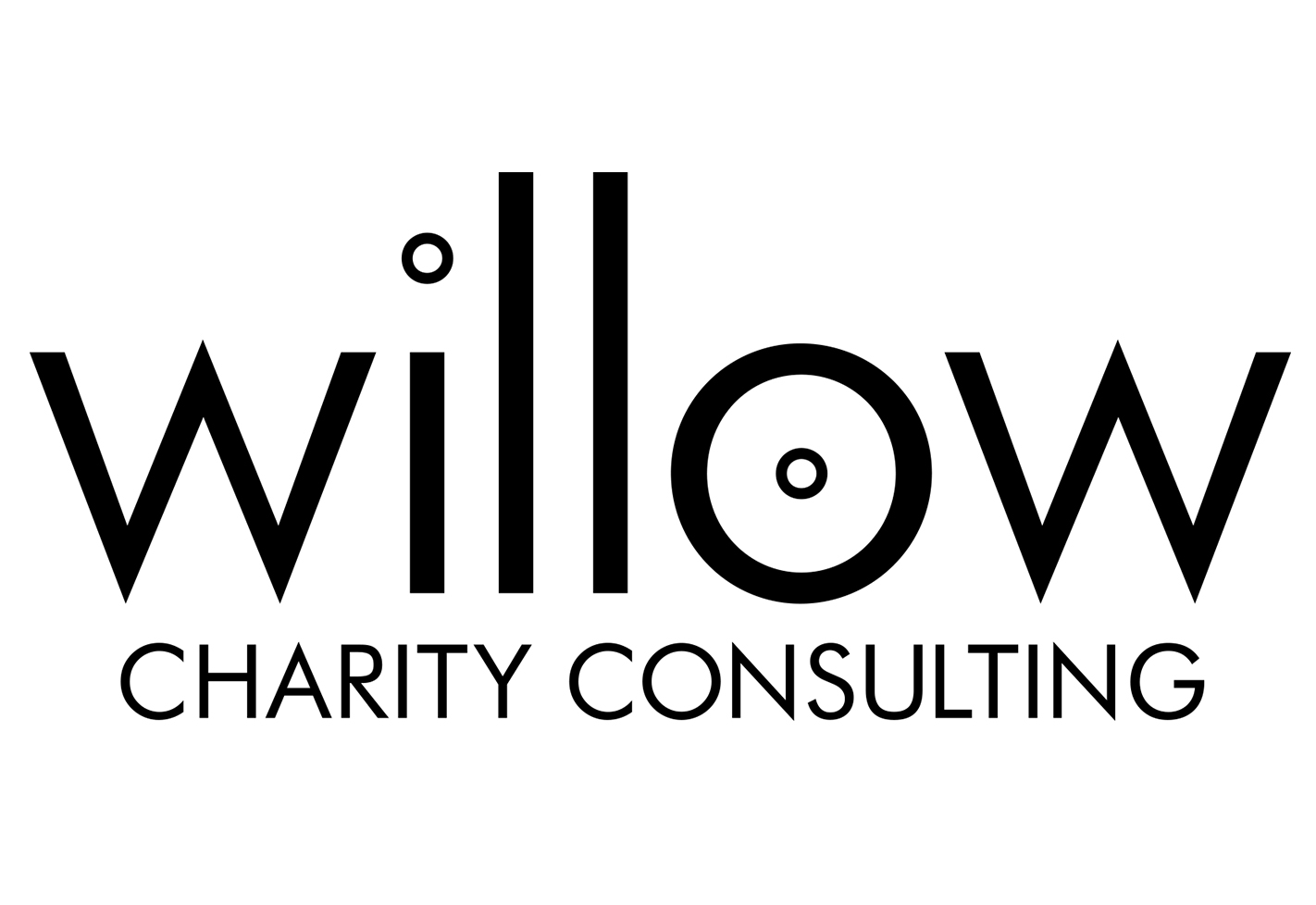Grants and trusts funders vary enormously.
Some are very large, giving vast amounts each year (sometimes with innovative and supportive systems and structure in place – I’m looking at you, National Lottery Community Fund and Comic Relief). Some are extremely small, providing grants of less than £1,000 to good causes in a very limited geographical or interest area. Many are somewhere in between.
Some are family trusts. Others are complex multi-office organisations spread across the country.
Some have complex staff teams, others may run with a single member of staff, a small team, or are solely handled by Trustees working voluntarily.
And some give out money from whatever the investment interest comes in on their defined pot of cash or investments, while others fundraise to add to their impact.
This last factor can create vastly more differences than you might think, because funders who don’t fundraise may be particularly vulnerable to falling below expected governance standards.
Being required to fundraise for your income means that you will, at some point, be held up to certain governance and regulatory standards. Funders might check that adequate safeguarding standards are in place or that the reserves and financial situation looks sustainable, or they might go further, requiring applicants to demonstrate their commitment to diversity, good governance and collaborative working.
These requirements may seem basic, but funder requirements have a significantly positive impact on the charity sector, making charities more professional and effective.
For all funders, but particularly those who aren’t subject to the requirements of other funders, things can slide inadvertently. Efforts around good governance, organisational effectiveness and best practice may take second place to the focus on the grants themselves. Or, at worst, Boards may get complacent, focussing solely on the giving or the investments performance and never looking beyond, losing focus on what they are funding, why, how, and whether they are even continuing to deliver their charitable objects.
Funders have a special opportunity to have a major impact on their grantees – making the most of this opportunity is something all funders really should strive for.
How can funders make sure they are operating properly, while also helping the good functioning of their grantees?
Here are five top tips.
1. Make charitable governance best practice a priority
Just because there is no external funder looking at your Board’s processes, diversity or decision-making approach doesn’t mean they shouldn’t be priorities. A diverse, well-trained, effective Board makes for better funding decisions.
Ensuring that you have an external governance review regularly is a good start; having a review that includes both governance and the specific considerations of being a grant-giving funder is even better. Investing in a professional external consultant to thoroughly review your processes and governance systems and invest in your ongoing development will make your funding decisions more robust, your Board more effective, and increase your impact.
2. Ensure you have strong monitoring, evaluation and learning systems in place for your grantees, which link directly to your own objectives and intended impact.
A number of small-to-medium sized funders I have worked with do not do enough to measure and analyse their own impact. While they require grantees to submit monitoring forms, these forms may not be analysed further – whether to inform future funding decisions, be part of an annual impact review, or be analysed against other funded projects to understand the relative impact of different types of projects.
There are many ways you could get support with this. You could fund an impact assessment, conduct a review and revamp of your monitoring and evaluation systems and processes, or look at the systems of your grantees to make sure the information coming back to you is robust and reliable. The Coalition for Efficiency’s Measuring the Good programme provides trained volunteers to smaller charities for a very reasonable fee and works alongside funders to help grantees – you could consider funding this as part of your giving programme. At a minimum, take a look at your own objectives and make sure your monitoring systems are connected to your objectives.
3. Talk to other funders
Despite all their interaction with grantees, funders can sometimes exist in their own bubble, and not reach out to similar organisations.
The Association of Charitable Foundations is a great place to start, offering networking and training opportunities for funding organisations.
Making your own connections is also important, particularly around those organisations who fund the same organisations. Opportunities to set up collaborative systems to improve funding, reduce the burden on applicants and reduce duplication are viewed positively by funders and grantees alike, so if there isn’t already something in your area, why not think about starting something up?
4. Think about how you can improve the good governance and organisational effectiveness of your grantees
There are some questions – such as around safeguarding – that you are obliged to ask grantees as a a funder, so the first step is to make sure you are doing what you must. Most funders also ask questions about reserves, income/expenditure and the constitution of the Board.
But, what else could you do? A number of funders provide funding or funding consultancy to help smaller charities professionalise through consultancy support, training, or governance reviews. Consultancy support could cover helping a charity develop a strategic plan, put in place strong MEL systems, or undertake an organisational strength review. These actions help to reduce dependency, making the charity more sustainable and effective, and better able to secure their own future.
The National Lottery Community Fund’s Building Capabilities programme, through Reaching Communities, does excellent work in this area, but smaller funders can also do their bit, helping smaller charities to access the kind of support they ordinarily couldn’t dream of.
5. Review your own application processes
Making your grant application processes fit for purpose is beneficial both for your own organisation and your grantees. Not sure if you do enough around safeguarding? Uncertain about whether you’re asking the right questions of your grantees, or seeking the right amount of questions? A grants process review will get the feedback of your Trustees, staff and grant applicants, providing you with specific recommendations for how you can ensure your process is effective and efficient, and meets the expected standards.
Winning grant funding is harder than ever, and some application processes are unduly burdensome on already over-stretched smaller charities. Thinking about the perspective of your grantees is important. Are your grant processes streamlined, simple and proportionate for the amount of funding being sought? Are your MEL forms adequate and connected to your own impact? Keeping your application requirements to what is really needed will be enormously appreciated by your grantees, and ensure that you are truly helping all applicants – whether they are successful or not.
Ensuring your decision-making processes are effective and in compliance with Charity Commission expectations will reassure your Trustees and improve the decisions they make.
Where can I get help?
Willow Charity Consulting is delighted to have developed a new grants process review tool for use specifically with small-to-medium funders. With experience working as both applicants and funders, as well as direct consultancy support to funders, we know what is needed to make your systems and processes effective and accessible. We offer impact assessments, monitoring evaluation and learning reviews, governance reviews and organisational strength reviews specifically tailored for grant funders bringing in £4 million or less per year. Please feel free to get in touch for more information.

